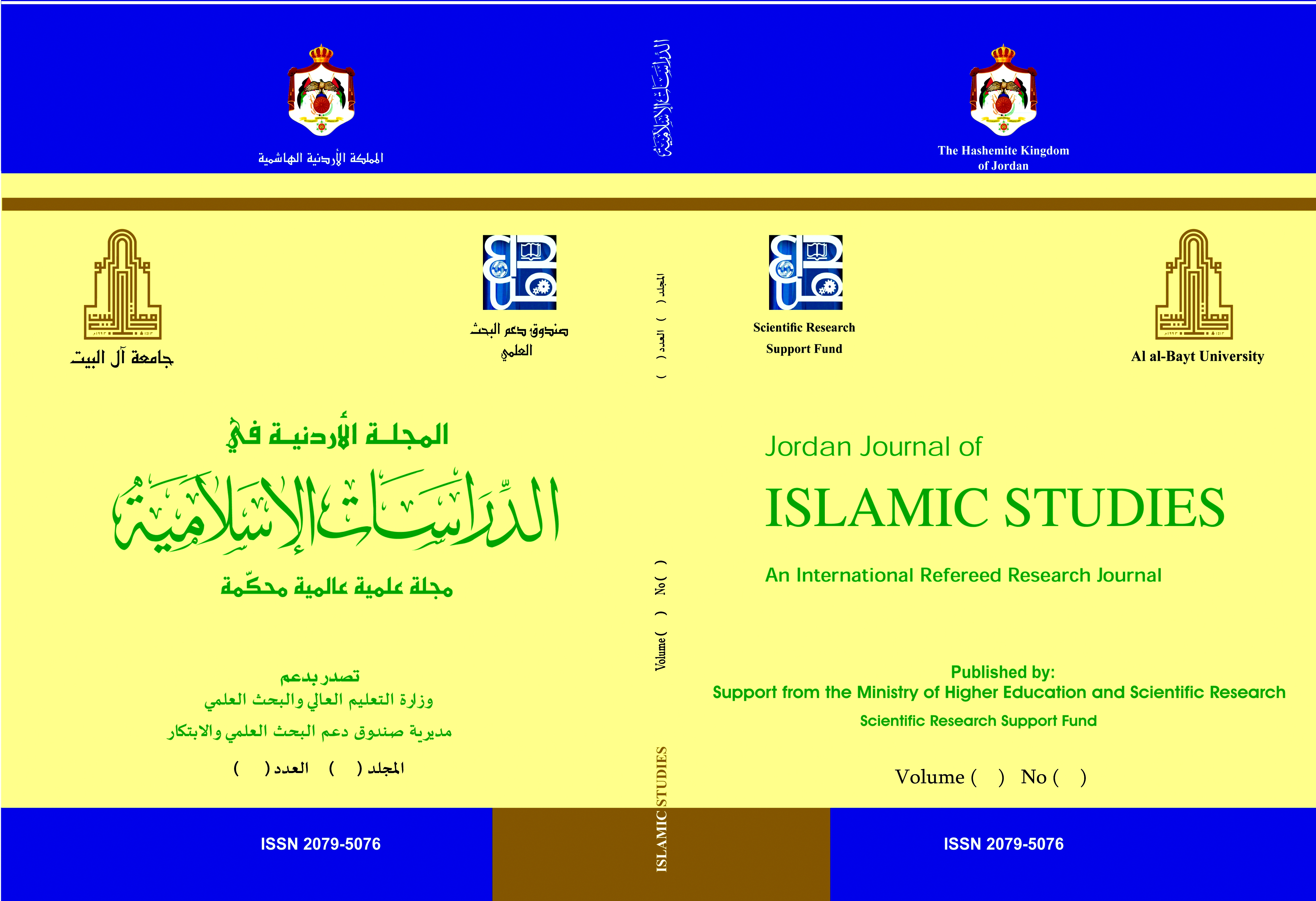Jordan Journal of Islamic Studies

Abstract
ملخص
تُعد ظاهرة الإغراق من أكبر التحديات التي تواجه الاقتصادات المحلية والدولية في وقتنا المعاصر، وقد جاءت هذه الدراسة لبحث ظاهرة الإغراق، حيث تناولت توصيف الإغراق وتاريخه القانوني والتشريعي، وبيان حالاته ودوافعه وأهدافه وآثاره على السوق والاقتصاد، كما تناولت تأصيل مفهومه شرعا وبيان حكمه الشرعي في كل حالة من حالاته مع عرض آراء الفقهاء فيها وأدلتهم، ومناقشة ذلك والترجيح بينها.
وقد خلصت الدراسة إلى أن الإغراق أو البيع بأقل من سعر السوق جائز إذا لم يترتب عليه ضرر على الغير أو ترتب عليه ضرر يسير أو ترتب عليه مصلحة معتبرة، أما إذا ترتب عليه ضرر فاحش عام غير معتاد فالراجح منعه وعدم جوازه؛ نظرا لمناط الضرر فيه، ومنعا لخرم نظام السوق، وحفظا لتوازنه واستقراره.
الكلمات المفتاحية: إغراق، البيع بأقل من سعر السوق، تسعير، سعر السوق، اقتصاد، معاملات مالية معاصرة.
Ruling on economic dumping in Islamic jurisprudence
(Comparative jurisprudential study)
Abstract
Dumping is one of the biggest challenges facing local and international economies in these days. This study examines the phenomena of Dumping; Where the study traced the history of the term and described the origin of its legislation, impact on economics, forms and aims. And the study also connects dumping as economic form to the Islamic rules govern the market; with the presentation to the opinions of the Islamic scholars and their evidences. All that with a deep discussion of scholar opinions and the compare between them.
The comes to conclusions concluded that dumping is permissible in Islamic Sharia unless it is harmful to the others or result in minor harm or result in a significant interest, but if it causes unusual public gross damage, It is impermissible due to the consequences on the market balance, system and stability.
Key words: Dumping, selling below market rate, pricing, market value, economy, contemporary financial transactions.
Recommended Citation
Abu Sa'ilek, Musa Hamed
(2021)
"حكم الإغراق الاقتصادي في الفقه الإسلامي - دراسة فقهية مقارنة Ruling on economic dumping in Islamic jurisprudence (Comparative jurisprudential study),"
Jordan Journal of Islamic Studies: Vol. 17:
Iss.
1, Article 11.
Available at:
https://digitalcommons.aaru.edu.jo/jois/vol17/iss1/11

